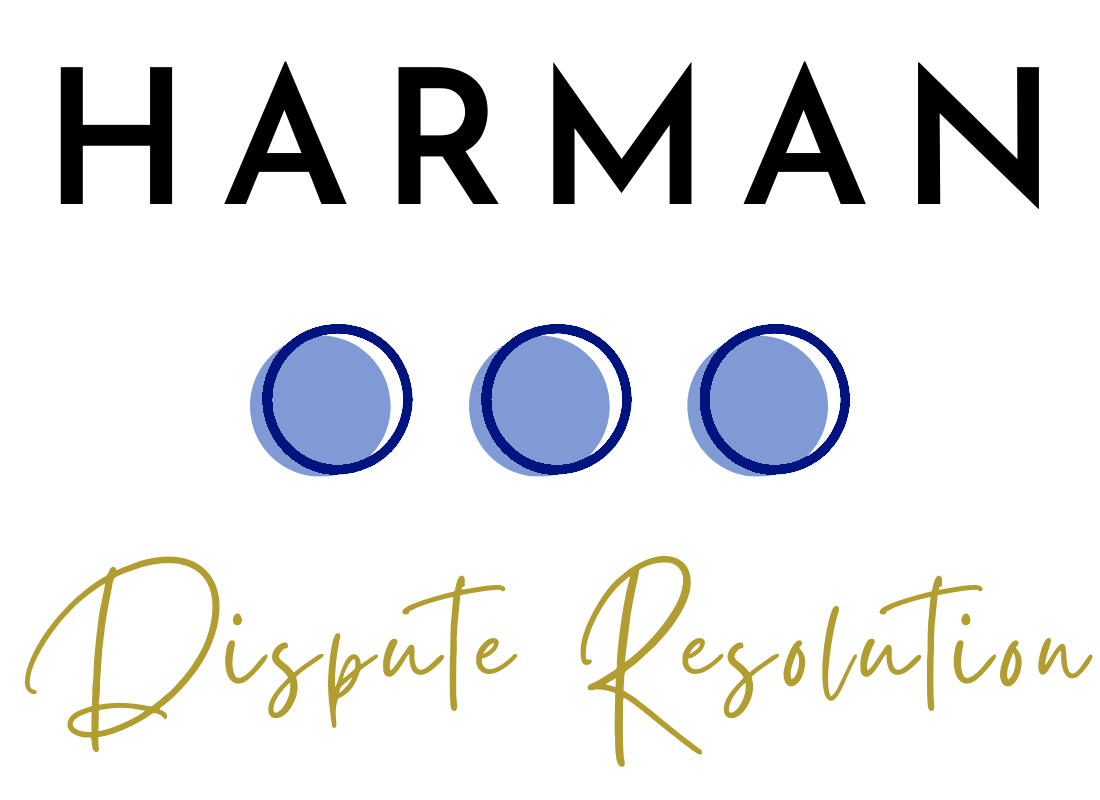WHAT ARE MEDIATION & CONCILIATION?
The hallmark of mediation and conciliation is self-determination.
The choices are yours.
Instead of taking your dispute to Court and having a judge impose an outcome which may not be right for either of you, mediation and conciliation help you reach a mutually acceptable solution.
Mediation and conciliation are a means for you and your former partner to negotiate a resolution to your dispute the way you both wish.
A mediator or conciliator does not take sides, but helps you decide what issues you need to discuss and facilitates and manages your negotiation, to assist you to reach agreement. Mediation is purely facilitative – the mediator does not suggest settlement proposals. In conciliation, the conciliator may may make suggestions for settlement proposals and discuss the likely outcome if the case proceeded to court for determination.
Around 80% of mediated matters settle some or all issues, so the mediation odds are in your favour.
There are many advantages of mediation and conciliation, rather than going to court, if you both agree to participate.
Faster
Mediation and conciliation can happen as fast as you both want—rather than dragging on for months as a court case would. Joe is available on short notice.
Cheaper fees
Fees for mediationand conciliation are much cheaper than a court case. See Process and Fees.
You control the outcome
The outcome is controlled by both of you, and it can be more tailored by taking individual needs into account.
Avoid relationship damage
Mediation and conciliation can help you to avoid damaging your relationship, which is so important when co-parenting is involved.
Review arrangements
You can agree on temporary or partial arrangements and then review them to ensure they work for both of you.
You decide
Mediation and conciliation put you in the driver’s seat. You both decide what is important, whether you want mediation or conciliation and when the process occurs.
Do I need a Lawyer?
You don’t need a lawyer, but you should engage one if you wish and being legally represented at mediation or conciliation is advisable. It is important that party have legal advice before your mediation or conciliation session. Joe does not and will not give legal advice.
Are mediation and conciliation sessions confidential?
Mediation and conciliation sessions are private and confidential. Generally, Information disclosed during mediation or conciliation cannot be used in evidence in court proceedings, subject to limited exceptions.
What can be mediated or conciliated?
Joe has a particular interest and expertise in mediating and conciliating property disputes. Joe is also well-qualified to mediate and conciliate parenting disputes. Whilst Joe cannot issue section 60I certificates, arrangements can be made, if necessary, for an additional mediator to be involved who can issue certificates.

